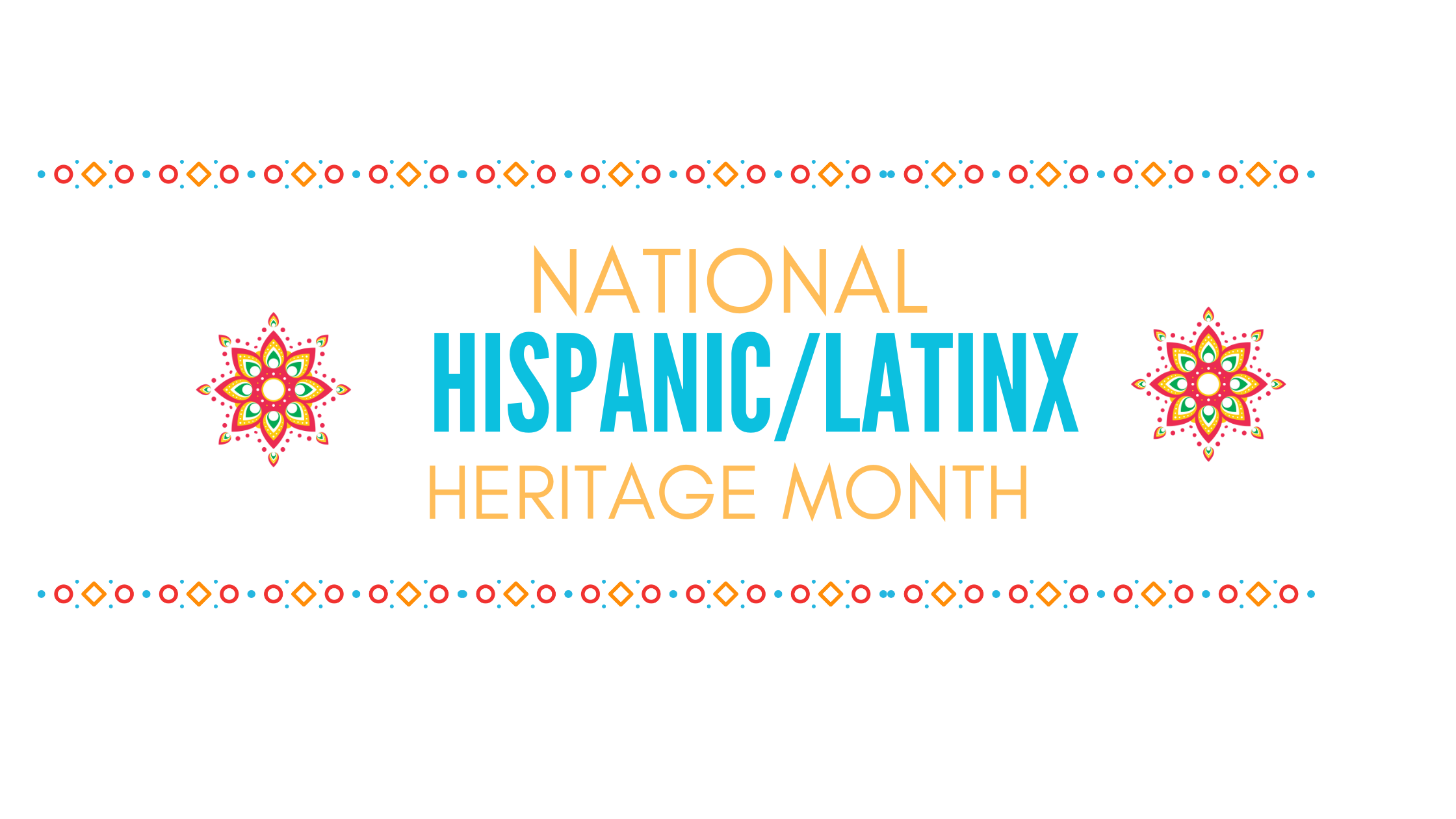
Hispanic/Latinx Heritage
Honoring the deep history, culture, contributions, sacrifices and achievements of Hispanic and Latinx humans.
Appropriate given the rich tapestry of cultures and contributions being celebrated.
From labor rights through the voice of Cesar Chavez to the written voice of Dominican American writer Julia Alvarez to the contributions to American jurisprudence from Sonia Sotomayor to the musical and cultural contributions of Lin-Manuel Miranda – you could spend all thirty days of the month plus another year and not fully understand how deeply American culture and history is fed by Hispanic and Latinx influences.
Let’s celebrate Hispanic Heritage Month (September 15 - October 15th) and extend it all year long because celebrating 30 days of Hispanic humans is just not enough. Let’s continue to build inclusive behaviors of belonging by adopting a “Here All Year” mindset.
Aquí Todo El Año
Hispanic versus Latino - Understanding the terms, the intersection and the differences.
Let’s talk terminology - which may be confusing or unclear. Sometimes, the terms Hispanic and Latino are used interchangeably but they are not the same and there are clear cultural differences. There are differences in language, geography and preference between the two terms.

-
Hispanic
Refers to people who speak Spanish or are descendants of Spanish-speaking populations including those from Spain and Spanish speaking countries in the Caribbean.
-
Latino
Refers to geography and people who come from Latin America which includes Mexico south through Central and South America countries and cultures.
-
Latinx
LatinX is an inclusive term and is a person of Latin American origin or descent (used as a gender-neutral or nonbinary alternative to Latino or Latina.
What can you do?
We all have the power to take action, both with our individual mindsets and behaviors as well as with the positional power and influence we have to embrace and celebrate Hispanic Heritage.
Understand the terminology.
Identity is personal. When you assume another human’s identity, it can have professional and personal repercussions impacting team collaboration, psych safety and create insider/outsider.
2. Eliminate Microaggressions.
Subtle forms of racisms happen - too often - and are pervasive also impacting an individual’s psych safety. Expand your awareness which will empower you to engage more productively and connect with Latinx humans around you.
3. Have a R.I.C.H. Dialogue.
Don’t assume you know someone’s race, identity, culture or heritage because they speak Spanish. Ask questions, download our R.I.C.H. Dialogues Self-Study Guide & Workbook.
4. Seek out experiences outside of your comfort zone radius (CZR) and learn something new.
Watch movies like I’m Leaving, Even the Rain and documentaries, like Cesar’s Last Fast, Stolen Education and La Operación to better understand Hispanic and Latinx history.
5. Support local artists bringing their art to life and create visibility.
FACTS
-
Minority Group
Hispanic people are the second-largest minority group in the US.
-
Living in the US
In 2019, about 60.6 million people of Hispanic origin were living in the US.
-
Nation's Population
The US Latino population grew to 60.6 million in 2019, a record 18.5% of the total population according to the Census Bureau data.
Subscribe to podcasts to hear Latinx and Hispanic perspectives.
-

Tres Cuentos
Exploring myths, legends, and folktales that are told in the Hispanic, Indigenous, and Afro-Latin American world, Carolina Quiroga-Stultz hosts this bilingual storytelling podcast that's dedicated to the traditional narratives of Latin America.
-

Latino USA
If you don’t already subscribe to NPR’s Latino USA then you are missing out on current and emerging cultural, political, and social ideas that impact Latinos. The long-running podcast features interviews with influential humans across different professions.
-

Spanish Aquí Presents
From “code switching” to Latino movies, Raiza, Oscar, Tony and Carolos host a comedy show that centers on the question, ¿Que te Pica? (What's itching you?). And there's even a hilarious improv session at the end.
“The Latino population has become such a presence. We are part of the American tapestry in a very profound way, in every area you can think of and are very significant in popular culture.”
— Jimmy Smits



